Discover tips and tools to help create a stimulating environment that will help kids develop a love of learning.
If you asked me to give you a list of my top tips for child development, in order, I would stare at you blankly for quite a long time, because there are so many ideas jostling to be Tip Number Two. Tip Number One is easy: if our children feel loved and safe, I reckon we already have our pass mark in parenting; but then there is a whole gaggle of ideas and I like them all, so it is hard to pick favourites.
Top tips for child development
One contender for Tip Number Two is the insight that children are so different! How could my own three children, all from the same genetic stock and with similar upbringings, be so radically different? The actual tip is to really get to know each individual child, and use that knowledge to fine tune our parenting to suit the way they are ‘wired’.
Another idea vying for second place is the understanding that a child’s ‘job description’ is very short: ‘Play’. All parents are anxious to give their children the best possible start to their intellectual life, and I love to relieve that anxiety by saying that when your little kid is banging pot lids together or rolling a ball or annoying their sister, there is not a course or programme in the world that will grow their brain better than that.
My third Tip Number Two is that involving parents and caregivers assists development immensely. Development seems to happen automatically on a biological timetable, but adults can help by providing stimulating environments, setting boundaries to keep them safe, and asking questions to stir language into the learning situation. For the kids, playing together is great fun; for us, it’s one of the lovely things about being a parent, and for the psychologists watching from the side-lines, it gives them lots to nod approvingly about. If nothing else, happily attached children are more confident, explore more and flourish.
“I strongly believe that when we enjoy parenting, we parent better.”
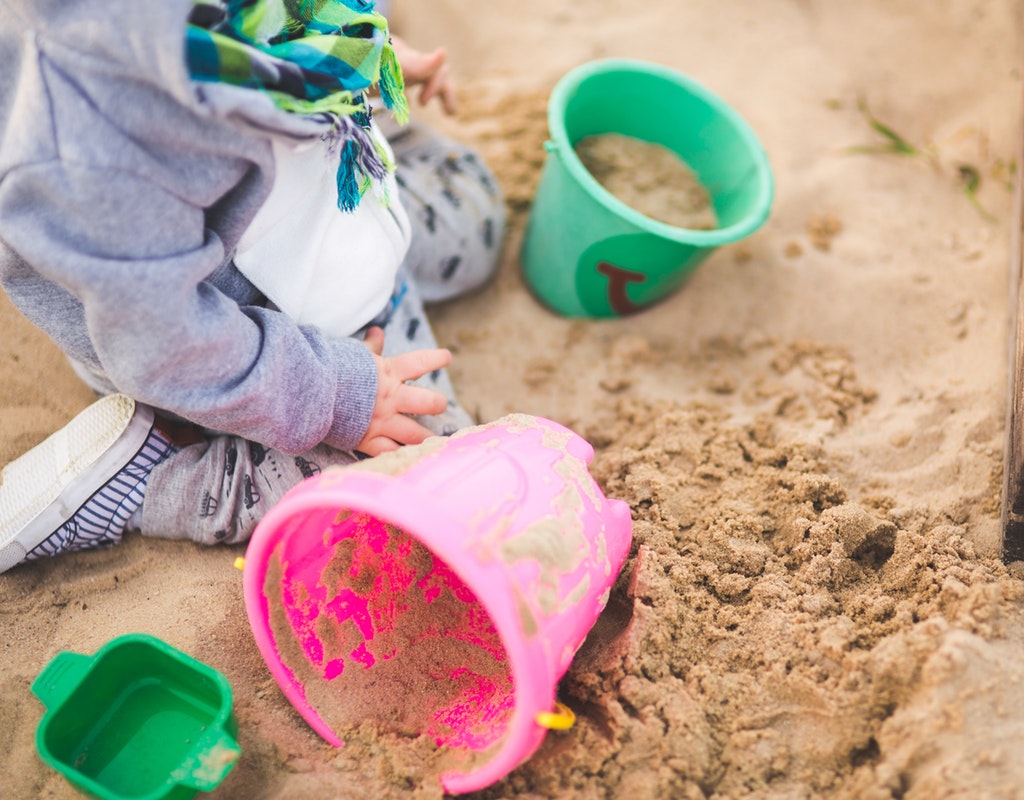
The Clever Play website
I have recently come across some great tools on the Clever Play website* to help parents with all Tip Number Twos. Confession: I had a flash of initial scepticism! My wariness stemmed from a suspicion that it might be trying to impose too much structure onto free play. For what seems like decades, those of us who are passionate about evidence-based parenting and education have been fighting a battle against the replacement of free play for pre-schoolers with structured academic learning. A follow up confession: I was wrong. As I read through the Clever Play website, my pulse and blood pressure soon dropped back to normal. What it does is open up our eyes to see the structure in play that is already there, to understand what children are really doing and then give some hints to ally ourselves with their activity. And, reassuringly, it is backed up with a stack of research.
The information it provides gives a vocabulary to children’s activities; the amazing thing for me was that, once I had these new terms loaded in my head, I could actually see them in front of me in the playground. I have watched children play for years but now, with the insights on their website I can really recognise patterns and categories that I had been quite oblivious to. It’s like when I learnt about clouds: suddenly, instead of just seeing white or grey woolly stuff, I saw cirrus and cumulus and strata.
The Clever Play website helps parents with my Tip Number Two: children are different so parent them differently. Some kids, when they play, will be Transporting, or doing Rotation or Trajectory play, or following some of the other patterns you soon learn about (and the terms are much easier than ‘cirrus’ or ‘strata’!)
The website also helps with Tip Number Two: you appreciate that playtime is a pre-schooler’s university. You can just about hear their neurons fizzing and connecting as they get into problem solving and creativity, or mastering physical skills and gaining an understanding of their world.
And finally, Tip Number Two: the Clever Play website coaches the coaches (us) to see what children are doing and how to add to their experience. A great quiz helps you analyse the play patterns that your child is currently exploring, and then suggests other activities to help them get more out of it.
A nice side benefit: with these new insights, parents and carers enjoy their children’s play so much more. I strongly believe that when we enjoy parenting, we parent better. That could be
Tip Number Two.
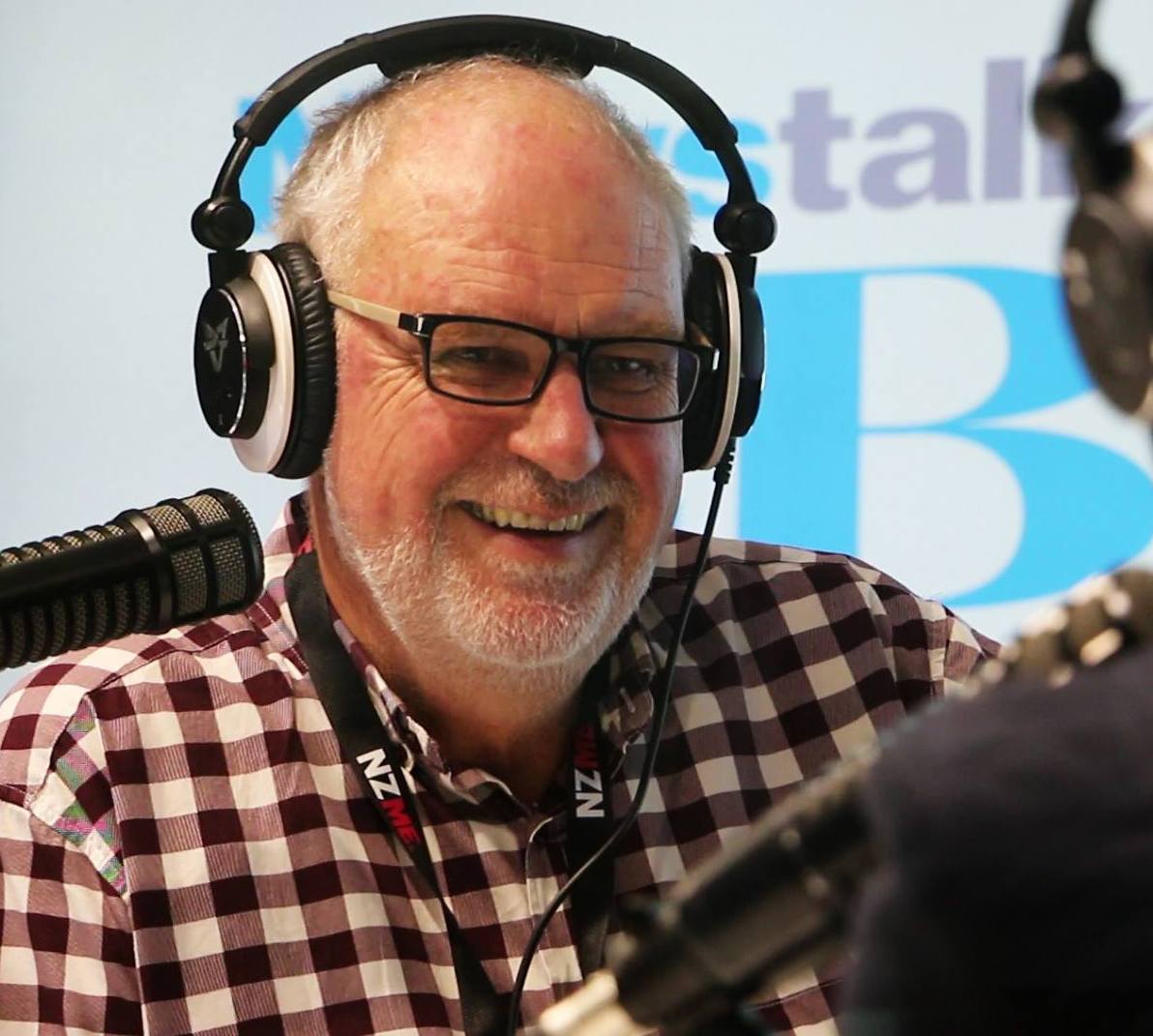
John Cowan
This article was written by parent educator and writer John Cowan for the Clever Play website.
*The Clever Play website is inspired by Getting Started with Schemas by Nikolien van Wijk. Her book was based on the original research of Chris Athey and Tina Bruce in the UK, and Dr Anne Meade and Pam Cubey in New Zealand, and the work of the Wilton Playcentre Centre of Innovation. (Research contract, 2003-2006)


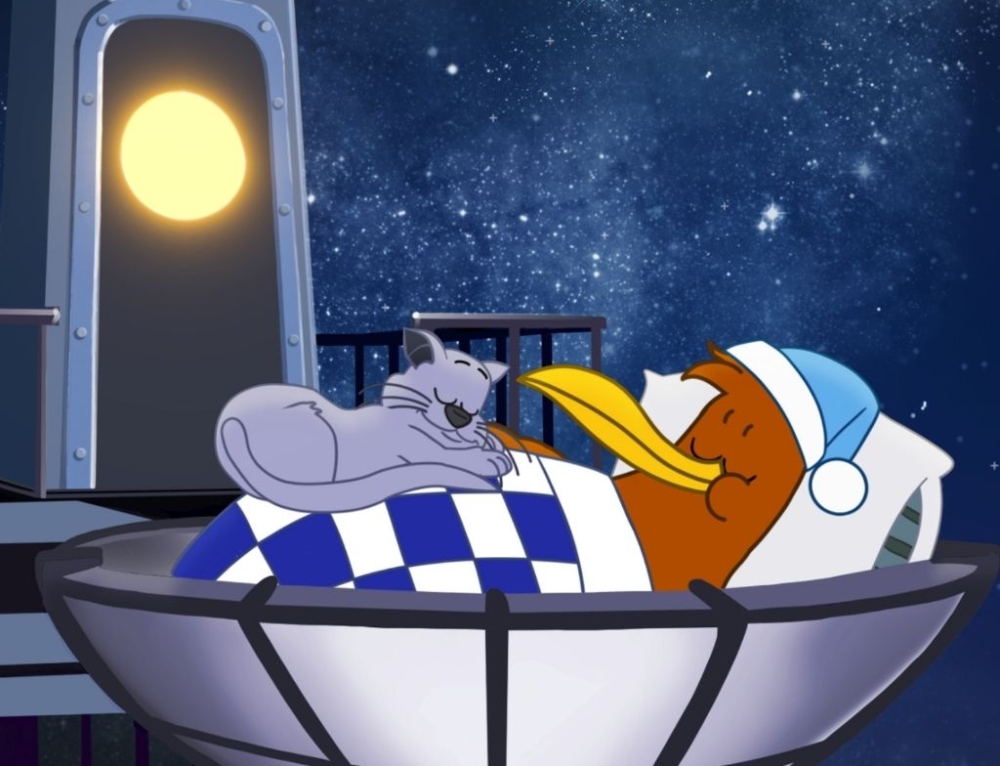
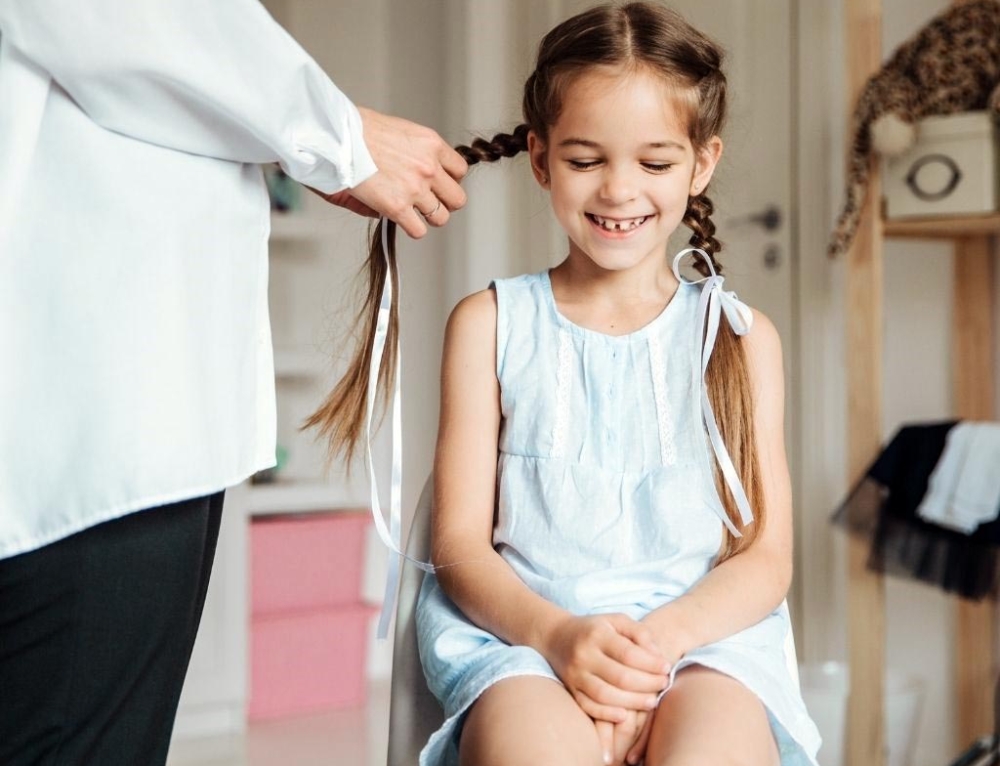
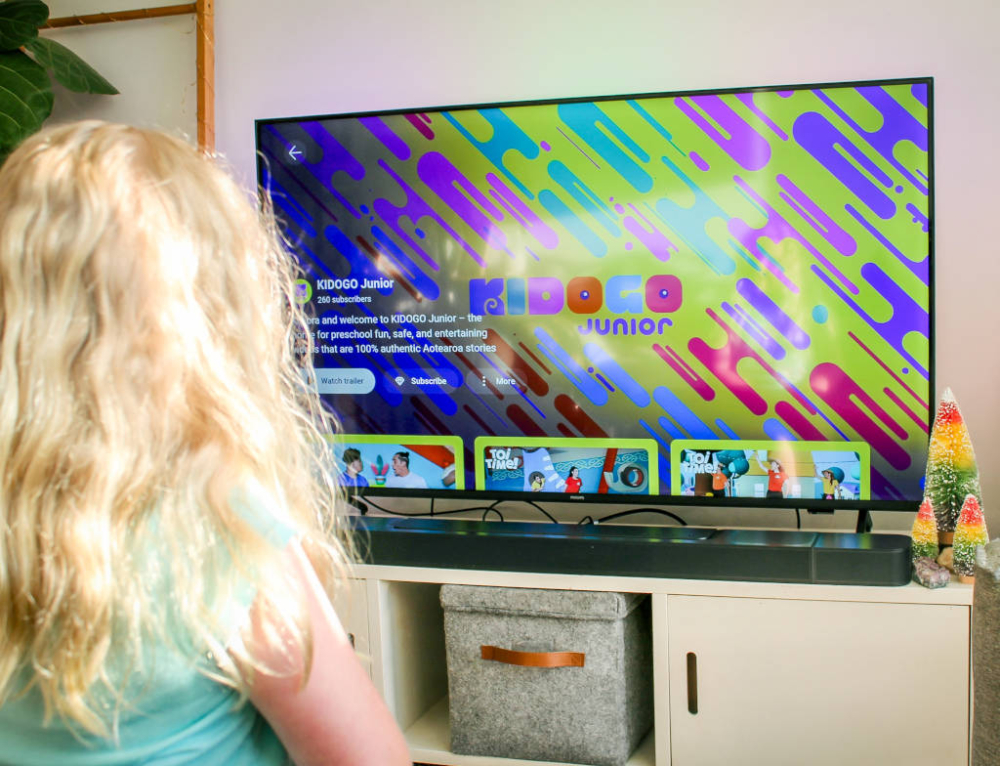
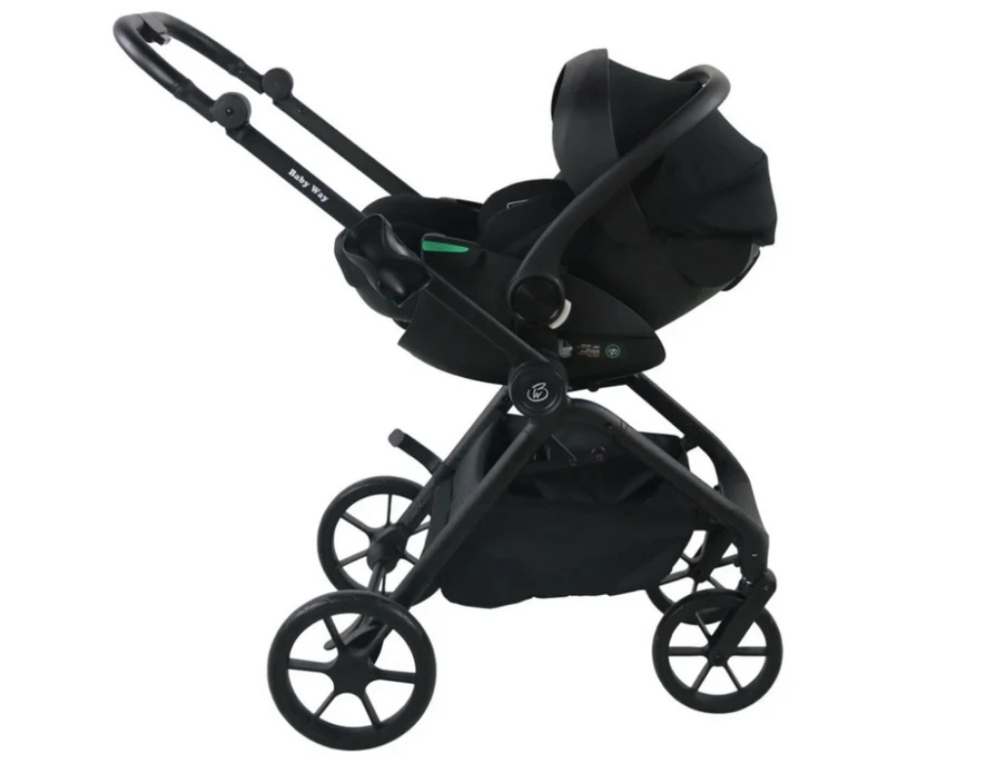
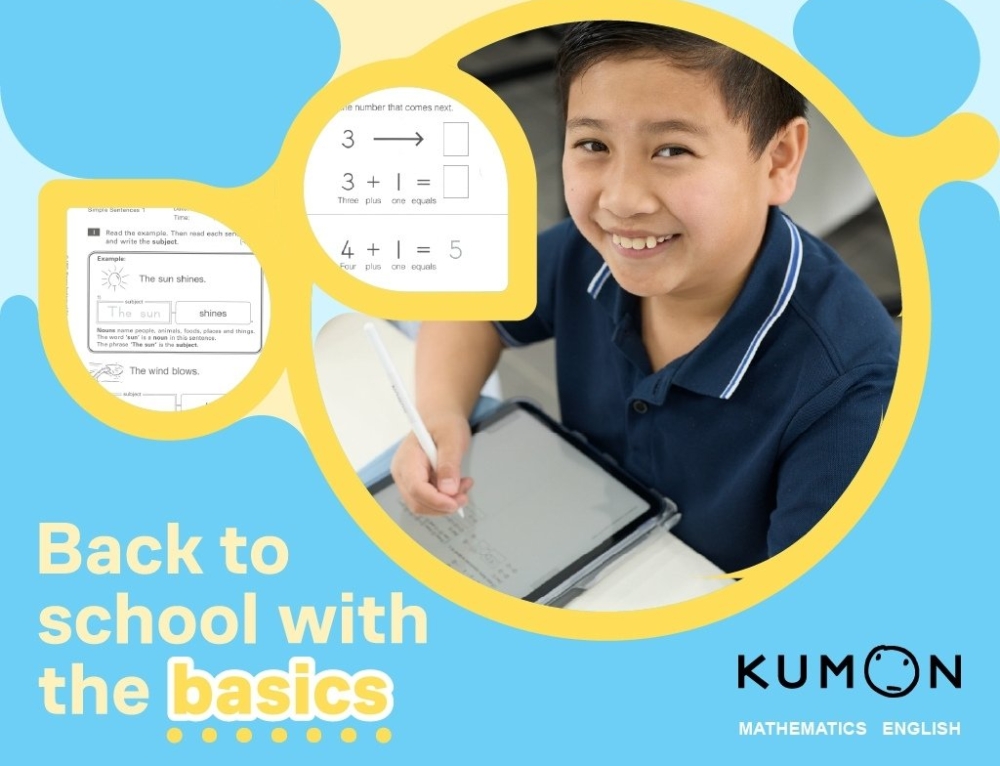
lots of information on this website. The quiz was interesting for my toddler and gave me a few ideas for play. we do a lot of child led play which changed how we did play.
I love this. I was getting frustrated with my toddler one day and I posted in a parenting forum about it. Someone explained what was happening from a play point of view and described my daughter as a “little scientist”. It made it so clear and from then on I have been looking for the “science” in what my kids are doing. I’m going to go and have a read of that site 🙂
Play is vital!! When life gets busy I sometimes still need to remind myself to stop and play with our kids. Our son loves us sitting down and building lego with him and our daughter just loves us to sit at her little table while she makes food for us and her dolls. It’s nice to sit down and enjoy these moments and remember they’re an important part of child development 🙂
As a mum to 3 children I believe all three were different and we did both preschool and Playcentre. I loved being there at Playcentre to see what my kids did. I have a daughter who has always been into transporting things as the clever play website talks about she has bags every where with bits in each. With Playcentre it involves the parents like this article mentions but I know it’s not for everyone.
Interesting! I do definitely agree that play is a huge part of children’s development. My hubby has been stay at home Dad to our now 5 year old. He didn’t want to send her to kindy when she turned 3, however I encouraged it as I said she needed the stimulation and other children around as she couldn’t get that at home. She did attend kindy and she thrived! Now with School there are different issues/things but yes asking questions is also very important.
This is a great read. Definitely going to have a look on this site it sounds very helpful for advice. I also agree with the questions part. If you ask questions and find out more about what your child is talking about they will keep you involved I feel this is a must do for parenting. And they also know you’re listening and interested that way when asking questions also.